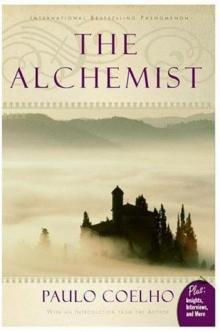 The Alchemist
The Alchemist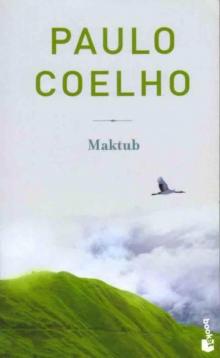 Maktub
Maktub Like the Flowing River
Like the Flowing River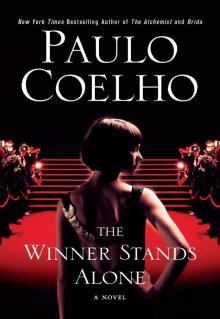 The Winner Stands Alone
The Winner Stands Alone The Spy
The Spy By the River Piedra I Sat Down and Wept: A Novel of Forgiveness
By the River Piedra I Sat Down and Wept: A Novel of Forgiveness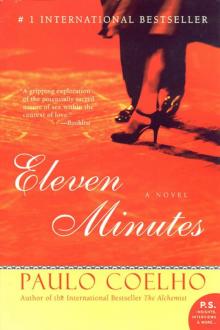 Eleven Minutes
Eleven Minutes Manuscript Found in Accra
Manuscript Found in Accra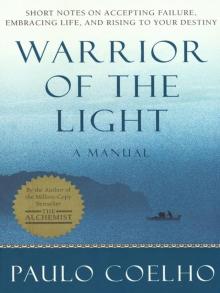 Warrior of the Light
Warrior of the Light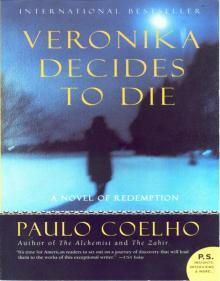 Veronika Decides to Die: A Novel of Redemption
Veronika Decides to Die: A Novel of Redemption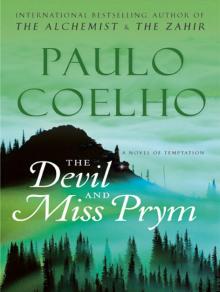 The Devil and Miss Prym: A Novel of Temptation
The Devil and Miss Prym: A Novel of Temptation The Valkyries: An Encounter With Angels
The Valkyries: An Encounter With Angels Brida: A Novel
Brida: A Novel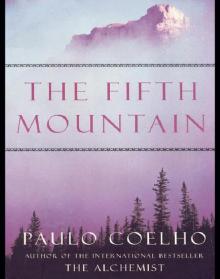 Fifth Mountain: A Novel
Fifth Mountain: A Novel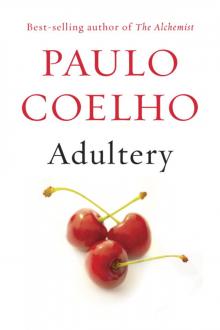 Adultery
Adultery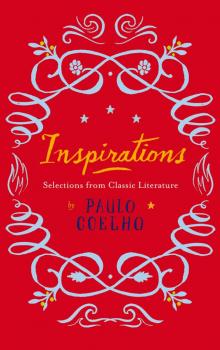 Inspirations
Inspirations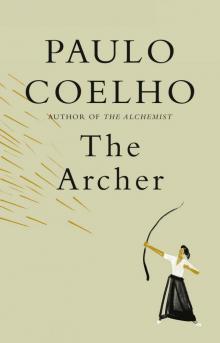 The Archer
The Archer The Witch of Portobello
The Witch of Portobello The Pilgrimage
The Pilgrimage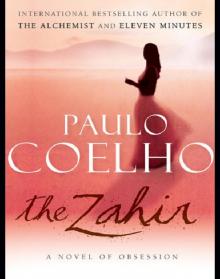 The Zahir
The Zahir Brida
Brida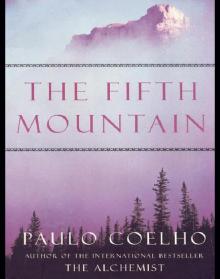 The Fifth Mountain
The Fifth Mountain Like the Flowing River: Thoughts and Reflections
Like the Flowing River: Thoughts and Reflections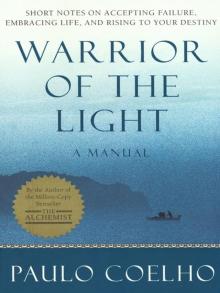 Manual of the Warrior of Light
Manual of the Warrior of Light By The River Piedra I Sat Down & Wept
By The River Piedra I Sat Down & Wept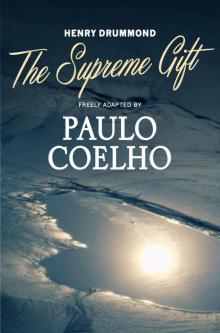 The Supreme Gift
The Supreme Gift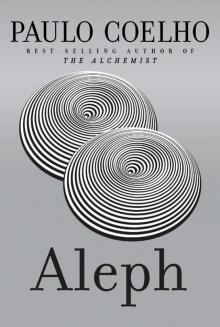 Aleph
Aleph Hippie
Hippie Witch of Portobello
Witch of Portobello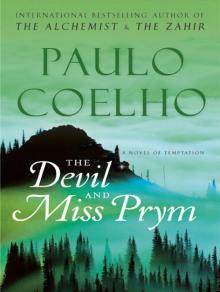 The Devil and Miss Prym
The Devil and Miss Prym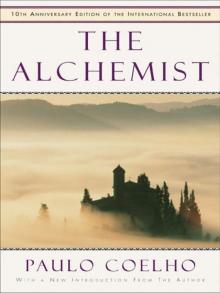 The Alchemist - 10th Anniversary Edition
The Alchemist - 10th Anniversary Edition The Valkyries
The Valkyries